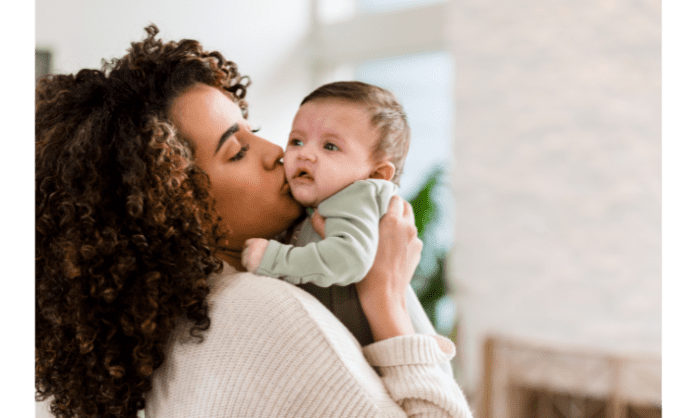
Kissing a baby is one of the most delightful things in the world. The feeling of their soft skin against your lips, their tiny fingers wrapped around yours—it’s the stuff that dreams are made of. Kissing a baby can be a fun and relaxing experience, but it’s important to take precautions when doing so. An infant’s immune system is less developed than an adult’s, so you should avoid kissing your baby on the mouth or around the face if you have cuts or sores in those areas. You’ve probably heard that kissing a baby is good for them—it’s the reason we give them kisses and make exaggerated sounds of affection. But you might not know about the potential risks of kissing a baby, or how to make sure you’re taking all the precautions necessary to protect your little one.
In this article, we’ll discuss what’s behind the possible risks of kissing a baby, as well as what safety measures you can take to prevent them from happening in your home.
Is it safe to kiss babies
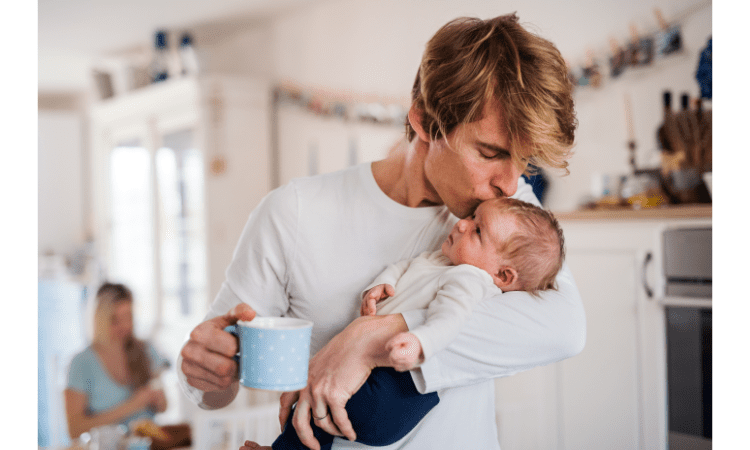
There are many reasons why kissing your baby is a good idea: it helps them learn more about the world around them; it’s a way for you to show affection; and it’s a great way to bond with your child. However, there are also some reasons why you shouldn’t kiss your baby: they could develop an infection; they could contract an illness from another person or animal; and there are some viruses that can be transmitted through saliva. One of the most important things to remember is that babies have very sensitive skin, so it’s important not to kiss them directly on their faces or other body parts that are prone to breakouts. Instead, try kissing the top of their head or on their hand. Another thing to keep in mind is that babies have very little immunity against diseases, so it’s recommended that you avoid kissing an infant if you have a cold or other illness.
If you’re unsure about whether or not something is safe for your baby or toddler, check with your pediatrician before proceeding with any activity that might put them at risk for injury or illness.
Possible risk of kissing a baby
Allergic reactions
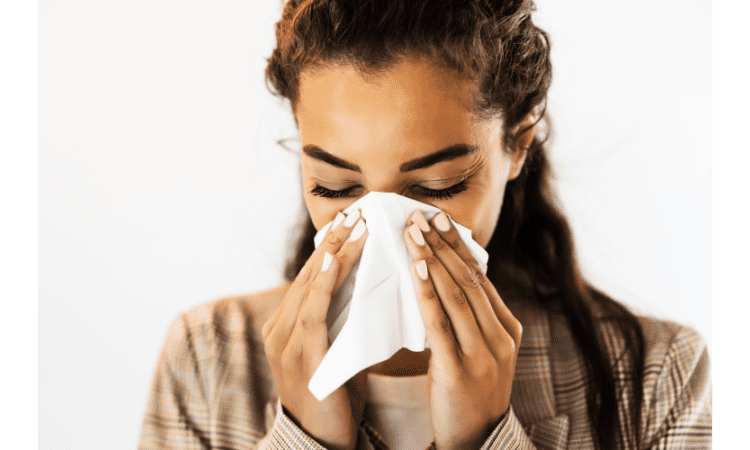
Allergic reactions are a common concern for people who are considering kissing a baby. Babies can have allergies, and their parents may be worried about the risk of passing on an allergy to their child. When you kiss a baby, you run the risk of giving the child an allergic reaction. This is because babies are young and their immune systems are not yet fully developed. When you kiss a baby, you can potentially pass on your saliva to them and cause an allergic reaction.
Allergy symptoms can take time to develop, so it’s possible that you might not notice an allergic reaction when you kiss your baby for the first time. You will likely notice if your child develops hives or becomes itchy after being kissed by you or someone else. If this happens, stop kissing your child immediately and consult with a doctor.
Fever blisters
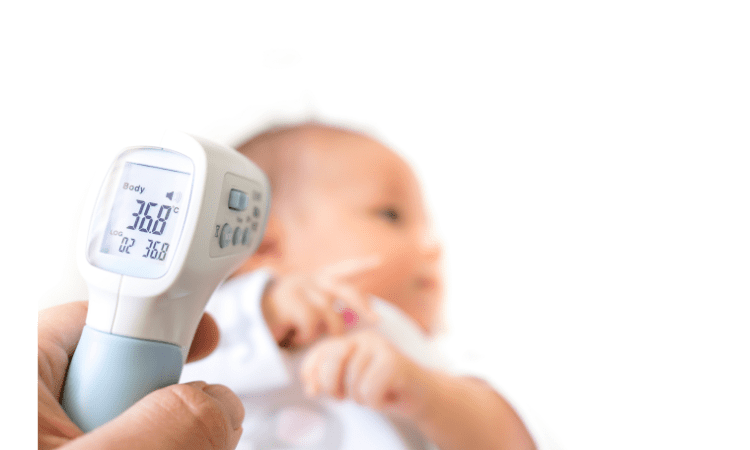
Fever blisters are caused by a form of herpes simplex virus, also known as HSV-1. These blisters are usually found on the lips, but they can also appear inside the mouth or on the nose and chin. Fever blisters are contagious and can be spread through kissing or sharing eating utensils.
If you have fever blisters, you should avoid kissing babies until the sores have healed. It’s also important to wash your hands thoroughly before handling or feeding your child.
RSV
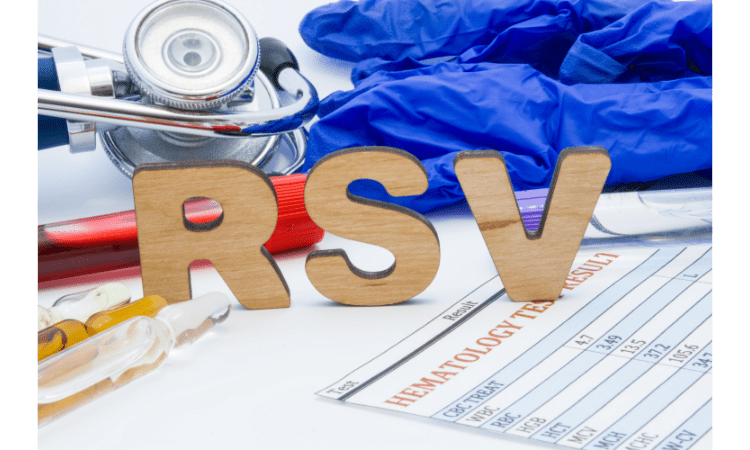
RSV, or respiratory syncytial virus, is a common virus that can cause mild to severe illness in children and adults. It usually causes cold-like symptoms but can lead to serious breathing problems. Kissing a baby who has RSV may be risky for you and the baby. If you have an active cold or the flu, kissing a baby may increase your risk of developing a more serious illness.
If you’re worried about kissing your baby when they have RSV, talk to your doctor about how best to protect yourself against getting sick and spreading germs to others.
Hand, foot, and mouth disease
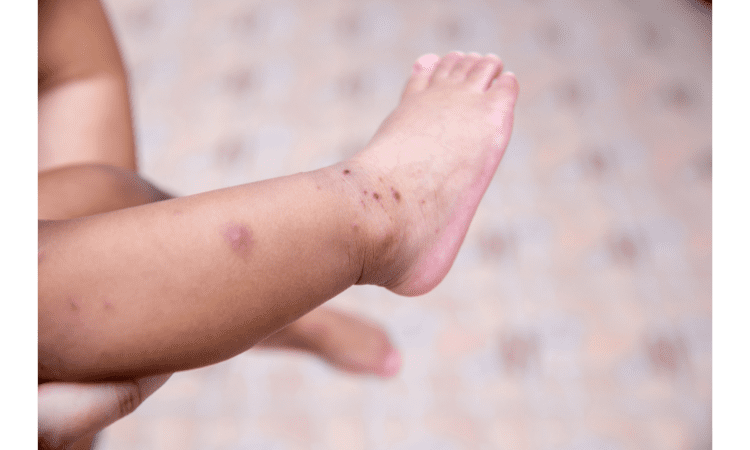
Hand, foot, and mouth disease is a common viral illness that can affect children under 5 years of age. It’s caused by a group of viruses called enteroviruses that cause mild to severe symptoms.
Hand, foot, and mouth disease can be spread through close contact with an infected person or by touching objects or surfaces that have been contaminated with the virus. Most cases are mild, but some children develop severe symptoms. Hand, foot, and mouth disease is a common illness that affects babies and toddlers. It usually starts out with a fever and sore throat symptoms like a runny nose or cough. Other symptoms include blisters in the mouth, on the hands, feet, or buttocks. The blisters are called hand-foot-and-mouth disease.
Immune system vulnerability
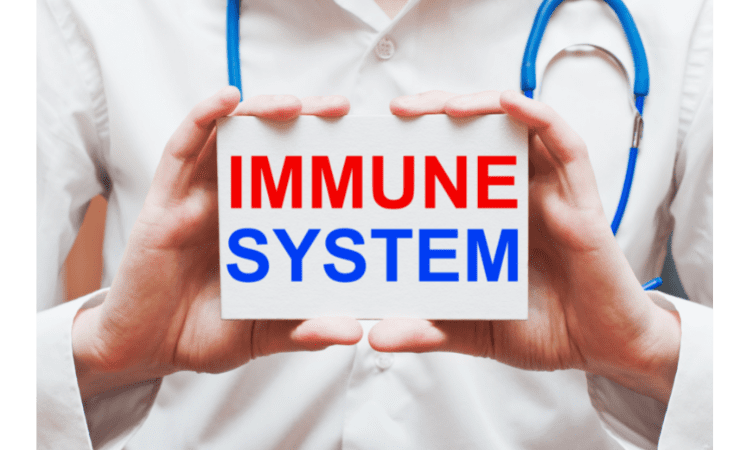
The immune system is responsible for fighting off infections, and it’s not fully developed until a baby is about one year old. That means that the newborn’s immune system is vulnerable to certain germs and illnesses that can be passed on by adults. If you’re planning to kiss your baby, it’s important to take precautions. First of all, wash your hands thoroughly before and after holding your baby. This will help keep harmful germs from getting into your mouth or any other part of your body. You should also make sure that everyone else in the room has washed their hands as well.
In addition, if you have any cuts or sores on your lips or inside of your mouth (such as from braces), make sure these areas are covered so they don’t come into contact with the baby’s face or lips.
Cavities

You may have seen videos of people kissing babies on the lips, and the baby smiling and giggling in response. It’s a sweet scene, but there is a potential risk when it comes to kissing your baby.
Kissing your baby can expose him or her to all kinds of germs, including those that lead to cavities. If you kiss your baby’s mouth frequently—especially if you use an open-mouthed kiss—you could be passing bacteria from your mouth directly into theirs. The bacteria can get into their mouths through contact with saliva, which contains small amounts of sugar (as well as other things). When this happens, it’s possible for your baby’s teeth to become infected with cavity-causing bacteria and develop tooth decay.
Precautions to take when kissing a baby
Maintain good hygiene
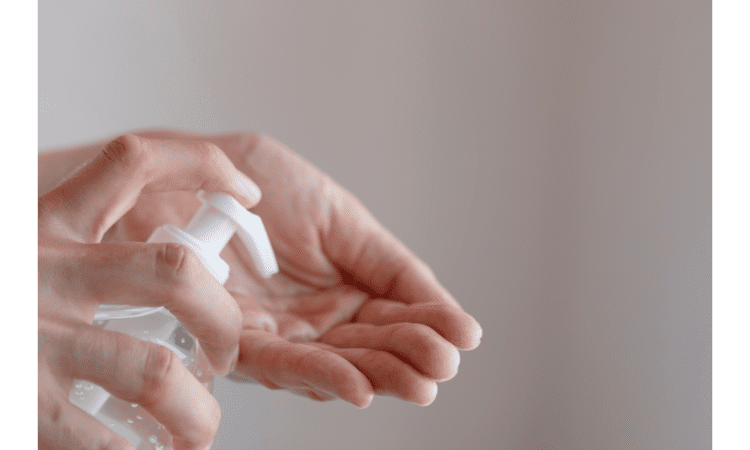
Kissing a baby is a great way to spread germs and make them sick. It is important to practice good hygiene when you are around a newborn. Wash your hands before touching the baby and after you have been in contact with other people. Use alcohol-based hand sanitizer if you do not have access to running water. You should also make sure that you don’t have any cuts or other open wounds on your hands, and if you do have any cuts or scratches, avoid kissing the baby so that you don’t transfer bacteria from your skin into their mouth. If possible, avoid kissing the baby on the lips.
Vaccinate baby
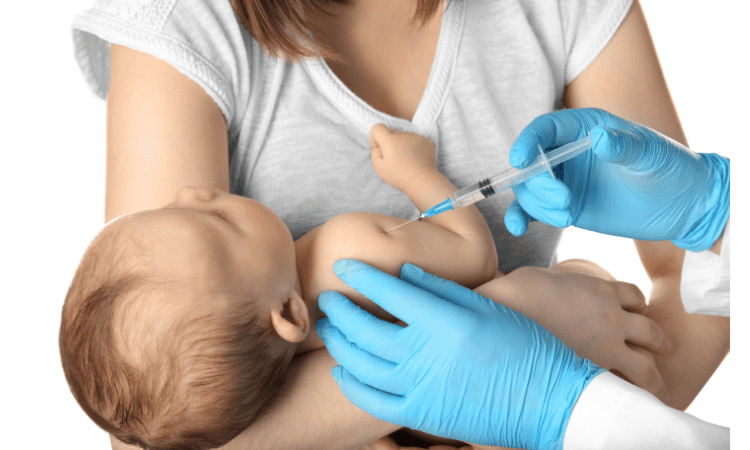
Before you kiss your baby, make sure to get them vaccinated. This will help protect them from diseases, which can be spread by saliva. However, if your child has received their vaccines and is still too young for them to take effect, then you should avoid kissing them until they’ve built up enough immunity to fight off any germs from your mouth. Infections, such as whooping cough or pertussis and chickenpox, which usually spread through contact can be prevented using vaccines.
Do not wear cosmetics while handling your baby

You are probably aware of the fact that you need to take safety measures when kissing a baby. You want to be sure that they do not get sick or catch any germs from you. While there is no evidence that wearing makeup will cause serious harm to your child, it can still be a good idea to avoid wearing makeup while handling your baby.
It is best to wait until after you have washed your face before handling your child so that nothing gets on their skin or in their mouth by accident. If you do wear makeup, make sure it is non-comedogenic and hypoallergenic as well as free of dyes and fragrances which could irritate your skin or cause allergic reactions.
Get yourselves vaccinated

When you are going to kiss a baby, you should be vaccinated. This can prevent you from getting a number of diseases and infections. The first thing to consider is getting vaccinated. In order to help protect yourself from many different diseases, it is recommended that you get vaccinated against chickenpox, measles, mumps, rubella (German measles), varicella (chickenpox), hepatitis A and B, influenza (flu), polio, rotavirus (stomach flu), meningococcal disease, tetanus-diphtheria (lockjaw), rotavirus (stomach flu). The most important thing is to get vaccinated. Your doctor can tell you if there’s anything else you need to do or be aware of before kissing that adorable little bundle of joy.
Educating others

Kissing a baby is something that many people do without thinking. But it’s important to know that there are some risks involved in kissing a baby, and you should be sure to take precautions if you want to kiss your little one. You should also keep your mouth closed when you kiss your baby. If you open your mouth wide, you risk getting germs from the inside of your mouth into theirs.
If someone has an illness, they should not kiss their baby until they feel better because it could make them sicker or even pass on an infection which can be very dangerous for babies. It is difficult to tell relatives and friends not to kiss the baby. However, if a visitor or a family member has cold sores or a respiratory infection, politely ask them not to kiss the baby, especially on the lips or the face.
Conclusion
In conclusion, it is important to remember that kissing a baby is very likely safe, but there are some risks and precautions to take. The most important thing is to keep your mouth closed when kissing a baby, as this will help prevent the transmission of bacteria and viruses. In addition, it’s important not to share food or drinks with the baby, as this can lead to contamination of the child’s mouth. Finally, if you have a cold or sore throat, it’s best not to kiss children until you’ve recovered from the illness.











